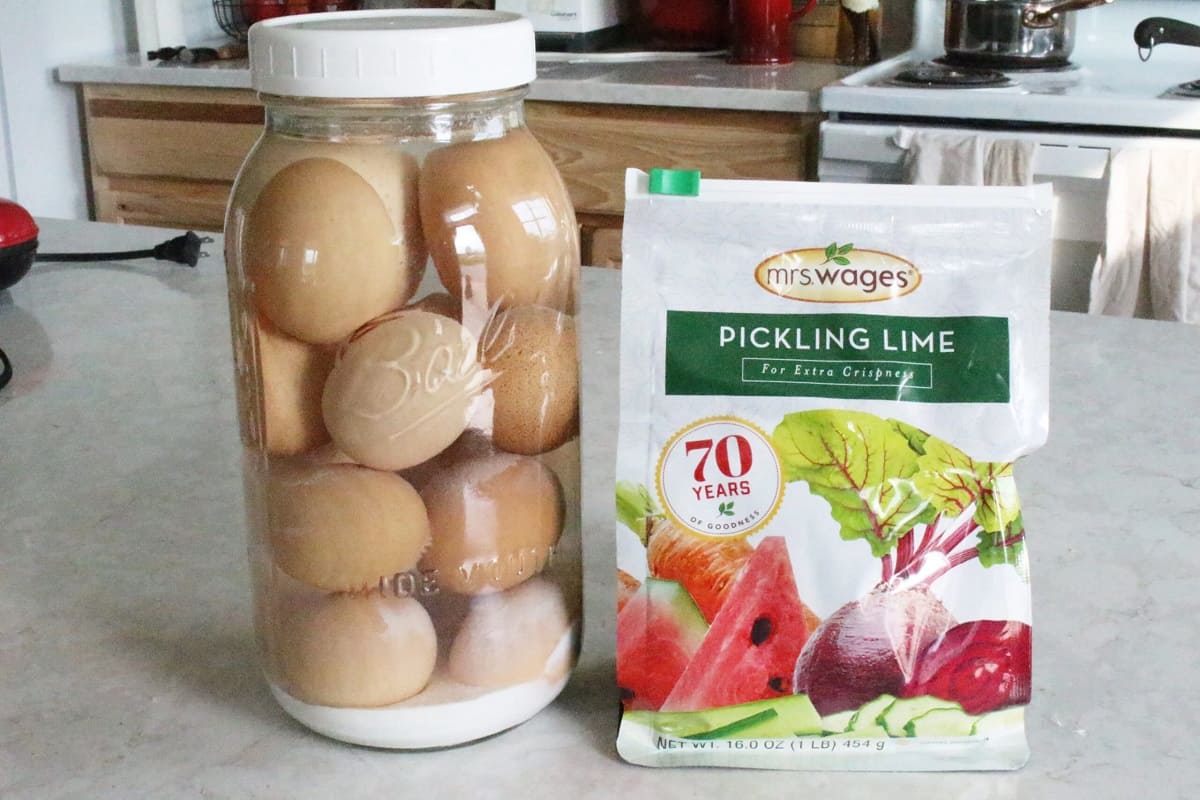

Articles
How To Store Eggs In Lime Water
Modified: February 24, 2024
Discover the best method for storing eggs using lime water. Our informative articles provide step-by-step instructions and tips to keep your eggs fresh and delicious for longer.
(Many of the links in this article redirect to a specific reviewed product. Your purchase of these products through affiliate links helps to generate commission for Storables.com, at no extra cost. Learn more)
Introduction
Storing eggs properly is essential to maintain their freshness and prolong their shelf life. While there are various methods available, storing eggs in lime water has gained popularity due to its efficiency and effectiveness. This method involves immersing eggs in a solution of lime water, which not only helps to preserve their quality but also provides additional benefits.
In this article, we will explore the benefits of storing eggs in lime water, how to prepare the solution, the steps for storing eggs in lime water, and important considerations for maintaining the solution. Additionally, we will discuss how long eggs can be stored in lime water and provide some precautions and tips for successful egg storage.
Before we delve into the details, it’s important to note that storing eggs in lime water is not a new concept. It has been practiced for many years, especially in areas where refrigeration may be limited or unavailable. Now, let’s discover the benefits of this method and how you can implement it in your own egg storage routine.
Key Takeaways:
- Storing eggs in lime water extends shelf life, enhances hygiene, and preserves freshness. It’s a cost-effective, traditional method suitable for areas with limited refrigeration options.
- Prepare and maintain lime water solution to ensure safe and effective egg storage. Use sensory indicators and follow precautions for optimal results.
Read more: How To Store Eggs In Water
Benefits of Storing Eggs in Lime Water
Storing eggs in lime water provides several advantages that make it an attractive option for preserving their freshness and extending their shelf life. Here are some of the key benefits:
- Extended Shelf Life: Lime water helps create an alkaline environment around the eggs, which can inhibit the growth of bacteria and slow down the process of spoilage. This extended shelf life allows you to keep your eggs for a longer period without compromising their quality.
- Enhanced Hygiene: The antibacterial properties of lime help in maintaining the cleanliness of stored eggs. Lime water acts as a sterilizing agent, reducing the risk of contamination and maintaining the overall hygiene of the eggs.
- Preserved Freshness: Immersing eggs in lime water helps to lock in their moisture, preventing them from drying out. This helps to preserve their freshness and maintain the desirable texture of the egg whites and yolks.
- Improved Quality: The alkaline properties of lime water can enhance the quality of stored eggs. It may reduce the likelihood of the eggs developing off-flavors and odors, ensuring that they taste as good as fresh eggs when used for cooking or baking.
- Cost-Effective Solution: Storing eggs in lime water is an affordable method compared to other storage options. Lime is readily available and relatively inexpensive, making it a cost-effective solution for those looking to extend the shelf life of their eggs.
By leveraging these benefits, you can make the most out of the eggs you purchase or harvest. The lime water solution provides a simple, yet effective, way to preserve the quality and freshness of your eggs, even in situations where refrigeration is not readily available.
Preparing Lime Water Solution
To store eggs in lime water, you’ll need to prepare a solution that will maintain the desired alkaline environment. Here’s a step-by-step guide on how to prepare the lime water solution:
- Gather the Ingredients: To make the lime water solution, you’ll need the following:
- – 1 gallon of water
- – 1 tablespoon of food-grade hydrated lime (also known as slaked lime)
- Choose the Right Lime: It’s crucial to use food-grade hydrated lime, which is safe for consumption and readily available. Avoid using quicklime or garden lime, as they are not suitable for this purpose.
- Prepare the Solution: Here’s how you can prepare the lime water solution:
- – Fill a large non-reactive container, such as a glass or food-grade plastic container, with 1 gallon of clean, filtered water.
- – Gradually add 1 tablespoon of food-grade hydrated lime to the water.
- – Stir well until the lime is completely dissolved in the water.
- Let the Solution Settle: After stirring, allow the solution to settle for about 20-30 minutes to ensure that any sediment or impurities settle to the bottom of the container.
- Skim off Impurities: Carefully skim off any floating particles or impurities from the surface of the lime water solution, using a clean spoon or ladle. This will help ensure the cleanliness and effectiveness of the solution.
- Transfer to Storage Containers: Once the solution is ready, it can be transferred to individual containers or jars for storing the eggs. Make sure the containers are clean, dry, and have a tight-fitting lid to maintain the integrity of the solution.
With the lime water solution prepared, you’re now ready to store your eggs. Follow the next section to learn the steps for storing eggs in lime water properly.
Steps for Storing Eggs in Lime Water
Once you have prepared the lime water solution, you can start storing your eggs in it. Follow these steps to ensure proper storage:
- Select Fresh and Clean Eggs: Choose eggs that are fresh, with clean, uncracked shells. It’s important to start with high-quality eggs to ensure the best results.
- Place Eggs in the Lime Water Solution: Gently lower the eggs into the lime water solution, making sure they are fully submerged. Ensure that the solution covers the eggs entirely to create an effective protective environment.
- Avoid Overcrowding: Do not overcrowd the container with eggs. Leave enough space between the eggs to allow for good circulation of the solution around each egg. This will help ensure that all eggs receive the benefits of the lime water solution.
- Seal the Container: Securely seal the container with a tight-fitting lid to prevent any contamination or leakage. This will help maintain the freshness and integrity of the eggs during the storage period.
- Store the Eggs in a Cool Place: Find a cool and dark location for storing the eggs, away from direct sunlight, heat sources, and strong odors. A pantry or cellar with a relatively stable temperature is an ideal choice.
- Monitor the Solution: Regularly check the lime water solution to ensure that it remains clear and free from any signs of spoilage. If the solution becomes cloudy, foul-smelling, or develops mold, it is an indication that the solution needs to be refreshed, and eggs should be transferred to a new solution.
By following these steps, you can ensure that your eggs are stored properly in the lime water solution, maintaining their freshness and quality over an extended period.
Store eggs in a solution of 1 part lime water to 10 parts water to extend their shelf life. The alkaline environment helps to preserve the eggs and keep them fresh for longer.
Monitoring and Maintaining the Lime Water Solution
While storing eggs in lime water can help extend their shelf life, it’s important to regularly monitor and maintain the solution to ensure its effectiveness. Here are some key points to keep in mind:
- Check the Solution Regularly: Make it a habit to visually inspect the lime water solution at regular intervals. Look for any signs of cloudiness, discoloration, or the presence of sediment. This could indicate spoilage or the growth of bacteria, and it’s a sign that the solution needs to be refreshed.
- Refresh the Solution: If the lime water solution becomes cloudy, foul-smelling, or develops mold, it is imperative to refresh the solution. To do this, discard the old solution and prepare a fresh batch using the same process outlined earlier. Remember to clean and sanitize the storage containers before transferring the eggs to the new solution.
- Replace the Solution Periodically: Even if the solution appears clear and clean, it is still advisable to replace it every few weeks or as needed. This ensures that the eggs are stored in an optimal environment, maintaining their freshness and quality.
- Handle Eggs Carefully: When removing eggs from the lime water solution, handle them with care to avoid unnecessary shaking or dropping. Gentle handling helps prevent any possible damage to the eggs’ shells, which could compromise their safety and freshness.
- Label and Date the Eggs: To keep track of the storage duration, it is a good practice to label the containers with the date the eggs were submerged in the lime water solution. This will help you use the oldest eggs first and ensure that none of the stored eggs are left unused for too long.
- Keep the Storage Containers Clean: Regularly clean and sanitize the storage containers used for storing the eggs and preparing the lime water solution. This helps prevent any potential contamination and maintains the effectiveness of the preservation method.
By actively monitoring and maintaining the lime water solution, you can ensure a safe and efficient storage method for your eggs, maximizing their shelf life and preserving their quality.
Read more: How To Store Cut Lime
How Long Can Eggs Be Stored in Lime Water?
The storage duration for eggs in lime water depends on several factors, including the freshness of the eggs and the maintenance of the lime water solution. When properly stored, eggs can be kept in lime water for several weeks, extending their shelf life beyond the typical refrigeration timeframe.
While there is no definitive maximum storage time, it’s important to keep these considerations in mind:
- Egg Freshness: The freshness of the eggs at the time of storage will have an impact on their shelf life. It is advisable to store eggs that are as fresh as possible for optimum results. Older eggs may not last as long, even with the assistance of the lime water solution.
- Solution Maintenance: Regularly monitoring and maintaining the lime water solution is crucial for the longevity of stored eggs. If the solution becomes cloudy, foul-smelling, or shows signs of spoilage, it is necessary to refresh it and transfer the eggs to a new solution.
- Proper Storage Conditions: The storage conditions play a significant role in determining how long eggs can be stored in lime water. Keeping the eggs in a cool, dark place away from heat sources, sunlight, and strong odors will help maintain their quality and extend their shelf life.
- Individual Egg Condition: While most eggs stored in lime water will remain fresh and safe to consume, it’s important to inspect each egg before use. Cracked or damaged eggs should be discarded, as they may pose a risk of contamination.
It’s worth noting that the storage duration may vary depending on the specific circumstances and the conditions in which the eggs are stored. Therefore, it is recommended to use your judgment and rely on sensory indicators such as appearance and smell to determine the freshness of the stored eggs.
Remember to label the containers with the date the eggs were submerged in the lime water solution. This will help you keep track of their storage duration and prioritize the use of the oldest eggs first. By adhering to these guidelines, you can safely store eggs in lime water for an extended period while maintaining their quality.
Precautions and Tips for Storing Eggs in Lime Water
When storing eggs in lime water, it’s important to follow certain precautions to ensure the safety and effectiveness of the storage method. Here are some key precautions and tips to keep in mind:
- Start with Fresh and Clean Eggs: Use eggs that have clean, uncracked shells and are as fresh as possible. Storing eggs that are already close to their expiration date may result in a shorter storage duration, even with the assistance of lime water.
- Use Food-Grade Hydrated Lime: Ensure that you use food-grade hydrated lime (slaked lime) for preparing the lime water solution. This type of lime is safe for consumption and appropriate for storing eggs. Avoid using quicklime or garden lime, as they are not suitable for this purpose.
- Monitor the Lime Water Solution: Regularly inspect the lime water solution for any signs of spoilage or contamination. If the solution becomes cloudy, foul-smelling, or develops mold, it is necessary to refresh it and transfer the eggs to a new solution.
- Store Eggs in Cool, Dark Conditions: Find a cool and dark location to store the eggs, away from direct sunlight, heat sources, and strong odors. Keeping the eggs in a stable environment will help maintain their freshness and quality over a longer period.
- Handle Eggs with Care: When removing eggs from the lime water solution, handle them gently to avoid any unnecessary shaking or dropping. This helps prevent damage to the eggs’ shells, which can compromise their safety and freshness.
- Keep Containers Clean: Regularly clean and sanitize the storage containers used for storing the eggs and preparing the lime water solution. This helps prevent any potential contamination and contributes to the effectiveness of the preservation method.
- Label and Date the Eggs: Label the containers with the date the eggs were submerged in the lime water solution. This helps you keep track of their storage duration and ensures that you use the oldest eggs first.
- Use Sensory Indicators: When using stored eggs, visually inspect each egg and rely on sensory indicators such as appearance and smell to determine their freshness. Cracked or damaged eggs should be discarded as they may be unsafe to consume.
- Know When to Discard: If an egg shows any signs of spoilage, such as an off smell, unusual coloration, or slimy texture, it should be discarded immediately. It’s better to err on the side of caution and prioritize your health and safety.
By following these precautions and tips, you can ensure the safe and effective storage of eggs in lime water, maintaining their freshness and quality for an extended period.
Conclusion
Storing eggs in lime water is a traditional and effective method for preserving their freshness and extending their shelf life. This technique offers several benefits, including an extended shelf life, enhanced hygiene, preserved freshness, improved quality, and cost-effectiveness compared to other storage methods.
By preparing a lime water solution using food-grade hydrated lime and immersing the eggs in it, you create an alkaline environment that inhibits bacterial growth and slows down spoilage. The process of storing eggs in lime water helps maintain their quality, taste, and texture, making them suitable for various culinary applications.
Remember to monitor and maintain the lime water solution regularly to ensure its effectiveness. Refresh the solution if it becomes cloudy, foul-smelling, or develops signs of spoilage. Store the eggs in a cool, dark place, handle them with care, and regularly inspect them for any signs of damage or spoilage.
While there is no definitive maximum storage time for eggs in lime water, factors such as the freshness of the eggs, solution maintenance, and proper storage conditions can influence the storage duration. It’s important to use your judgment and rely on sensory indicators to determine the freshness of stored eggs.
By following the precautions and tips outlined in this article, you can safely store eggs in lime water, maximizing their shelf life and ensuring their quality. Enjoy the benefits of longer-lasting eggs, whether you live in an area with limited refrigeration options or simply want to extend the freshness of your eggs for culinary endeavors.
So why not give storing eggs in lime water a try? It’s a practical and cost-effective solution that allows you to enjoy fresh eggs for an extended period, adding versatility and convenience to your meal planning and cooking routine.
Frequently Asked Questions about How To Store Eggs In Lime Water
Was this page helpful?
At Storables.com, we guarantee accurate and reliable information. Our content, validated by Expert Board Contributors, is crafted following stringent Editorial Policies. We're committed to providing you with well-researched, expert-backed insights for all your informational needs.
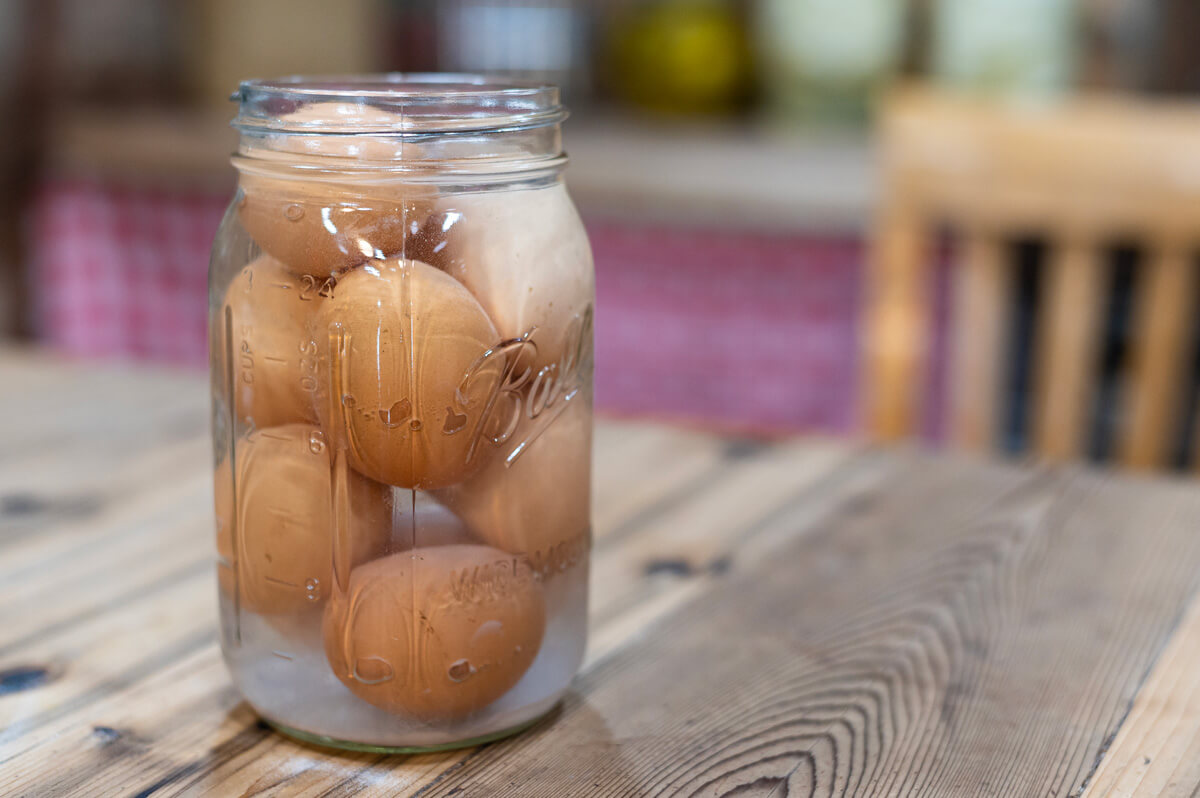



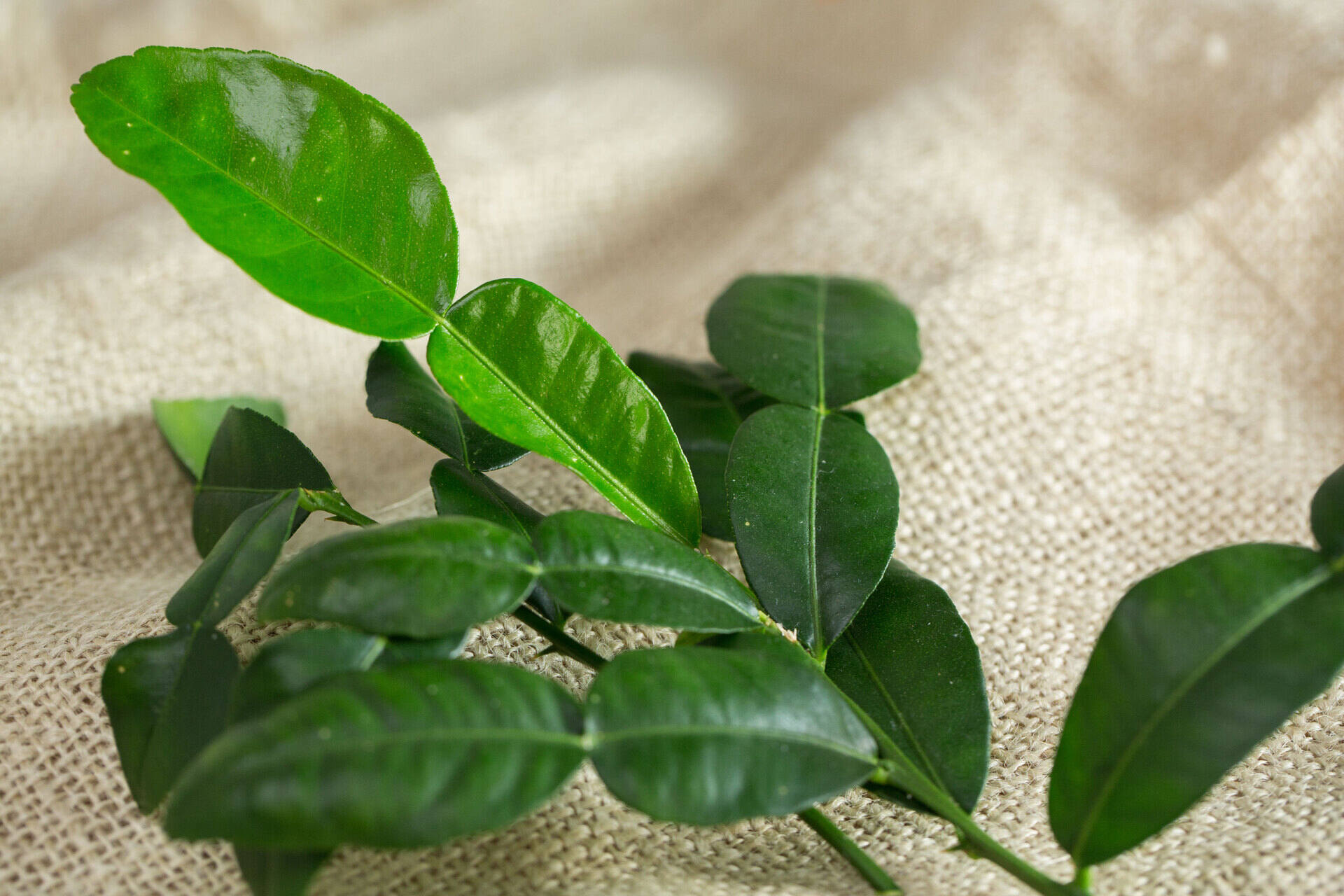


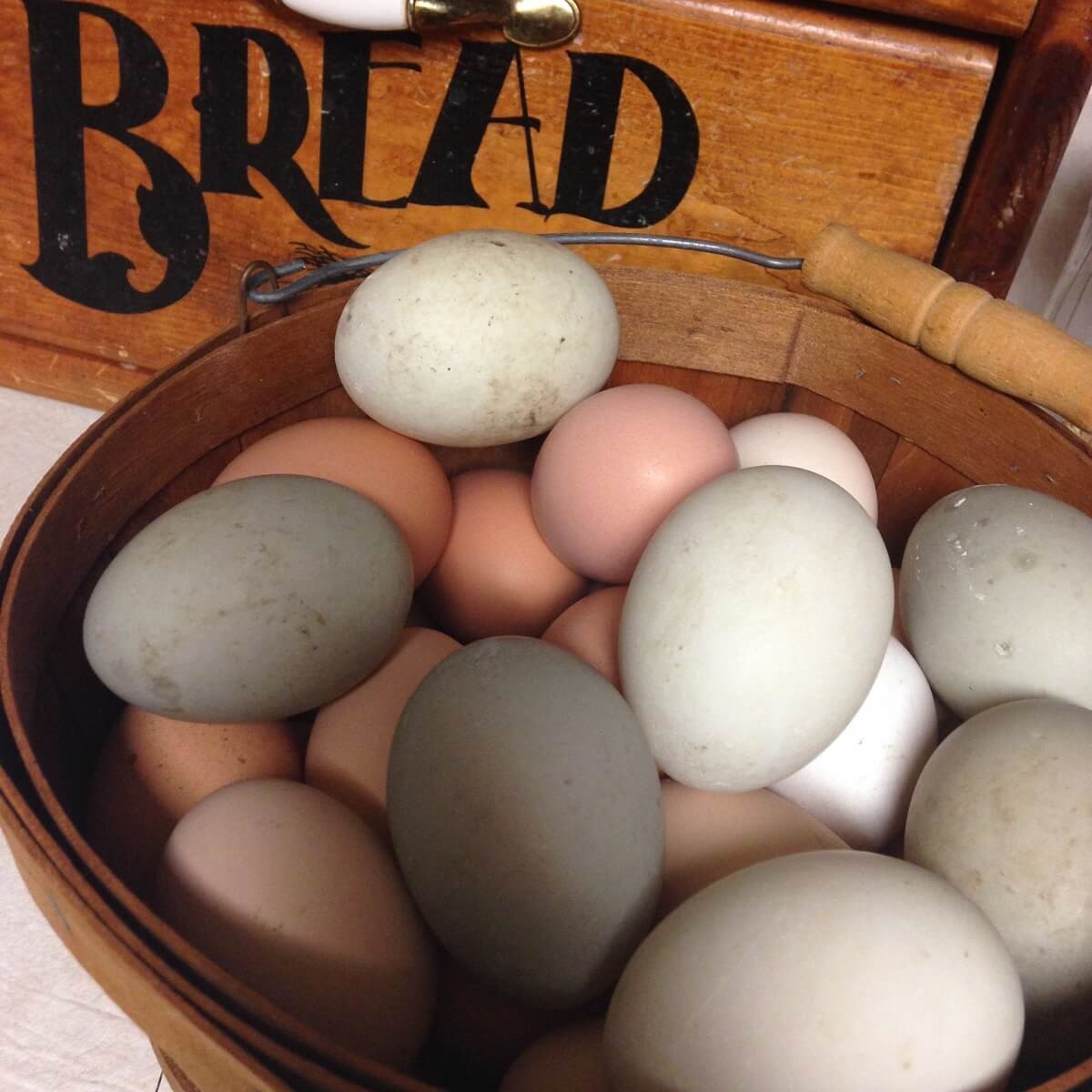
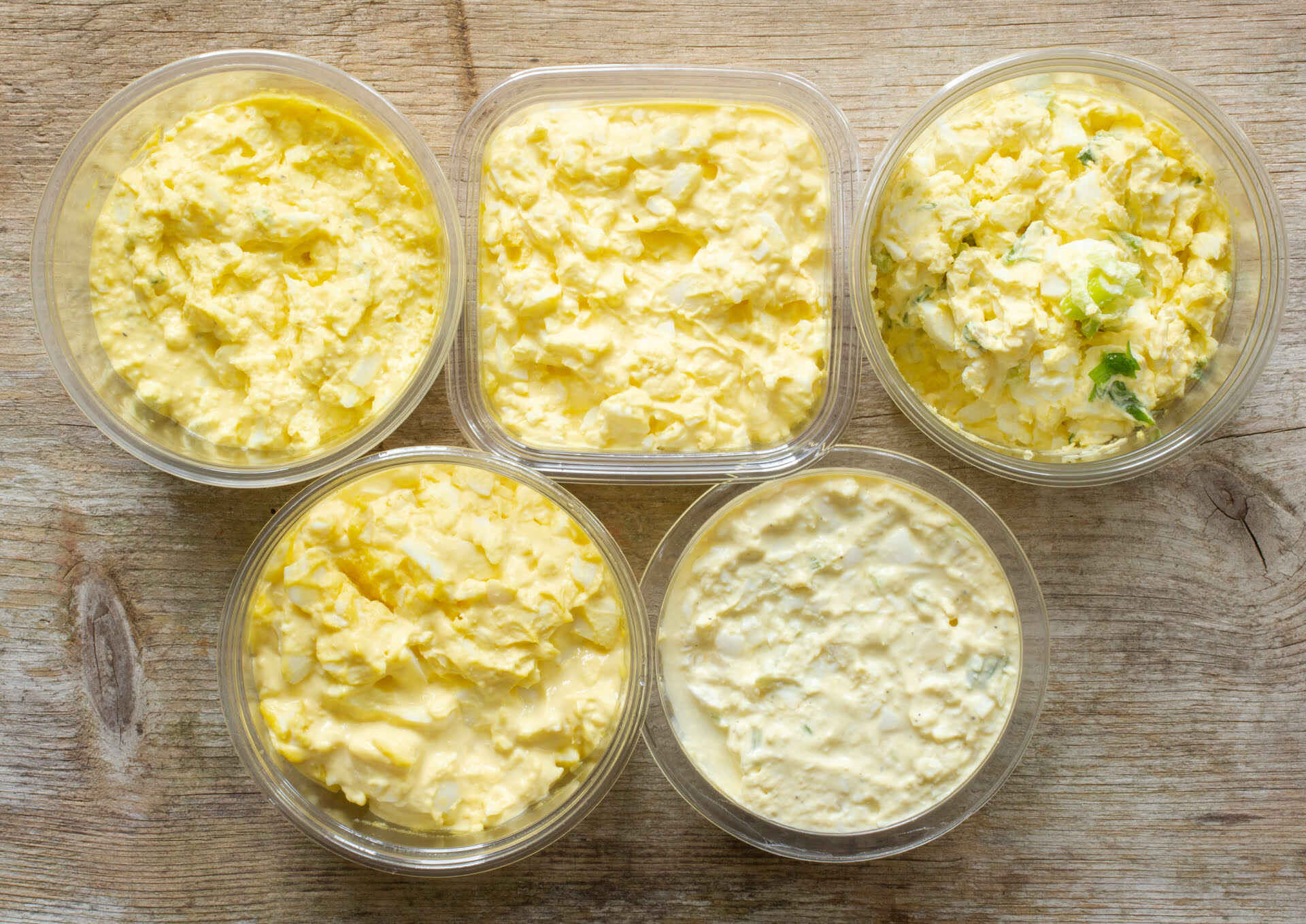
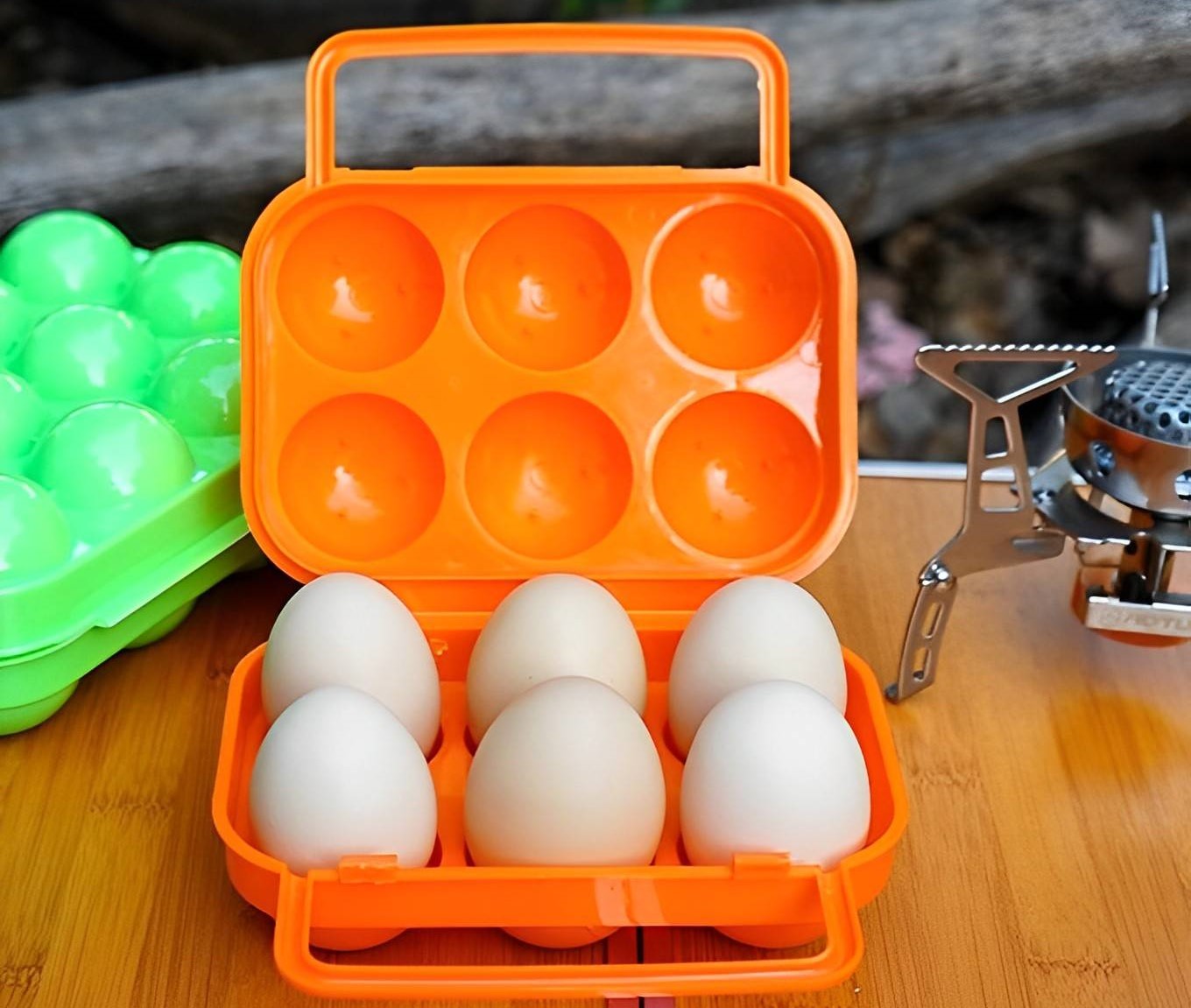



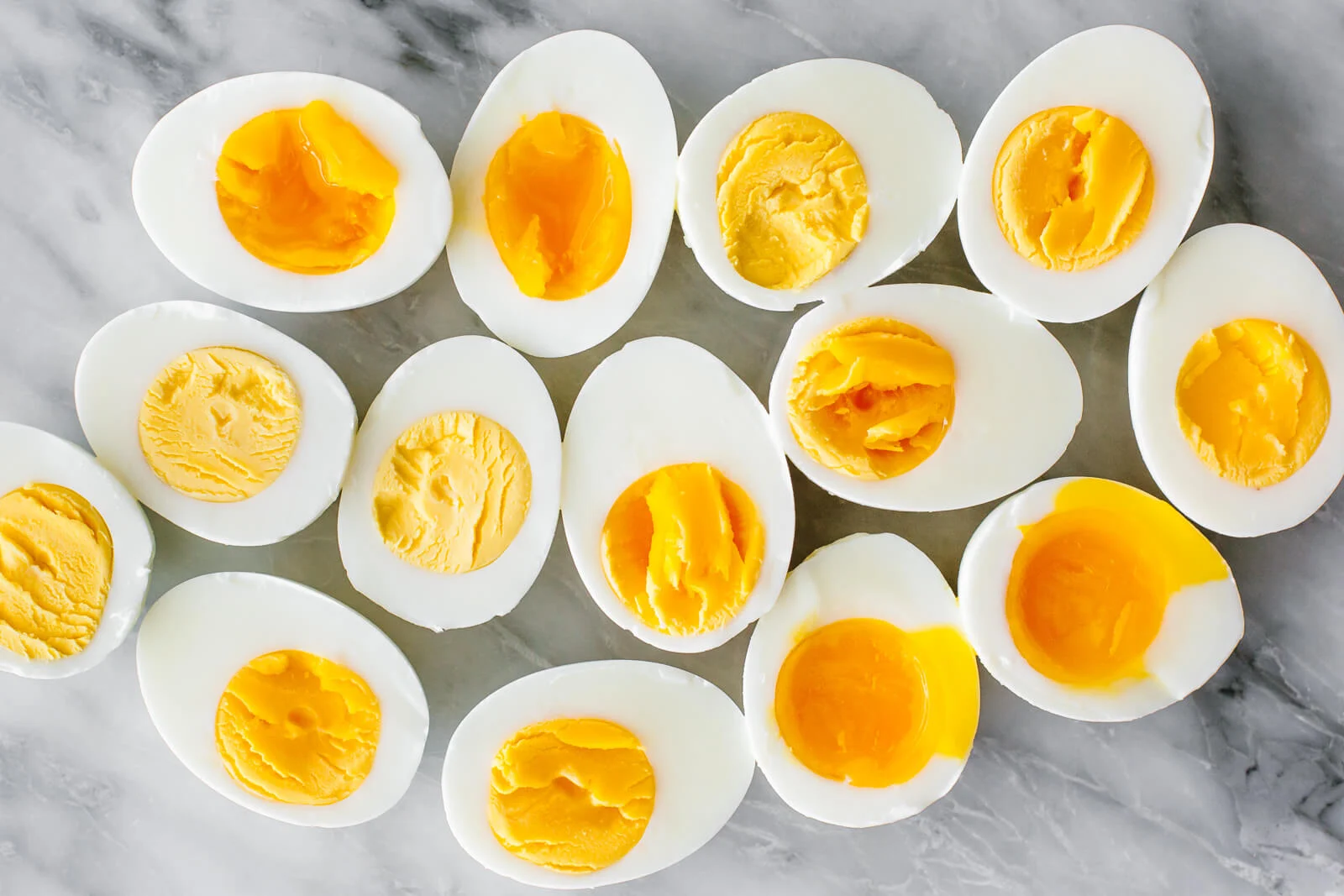

0 thoughts on “How To Store Eggs In Lime Water”